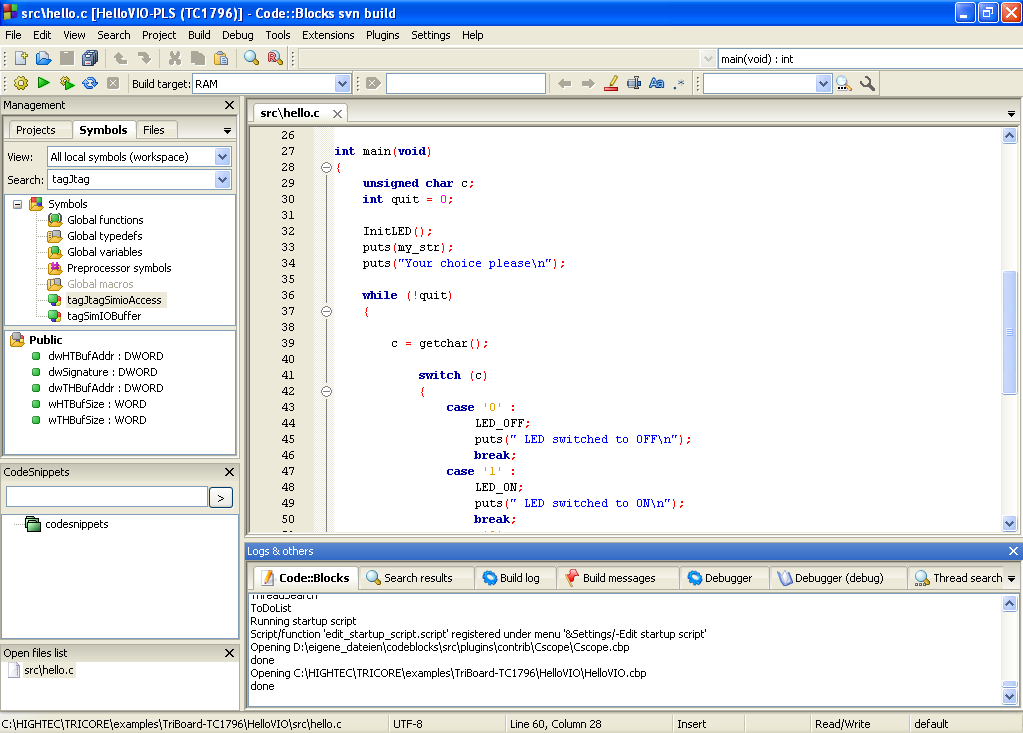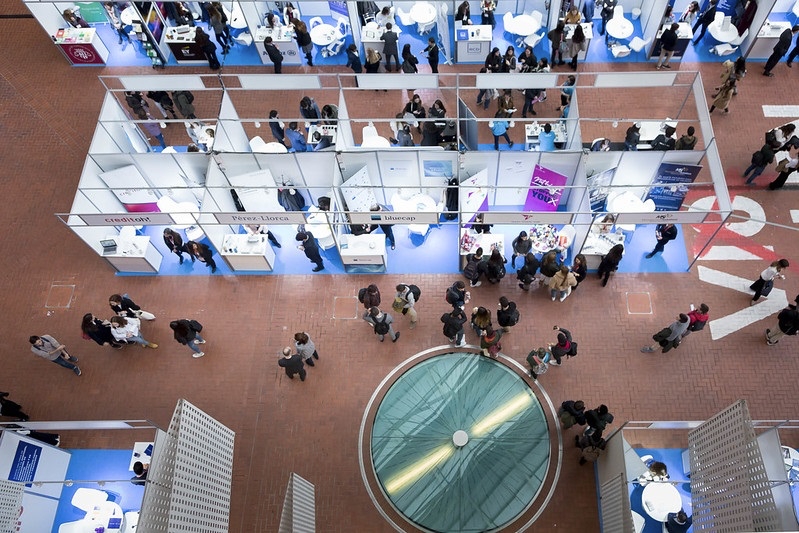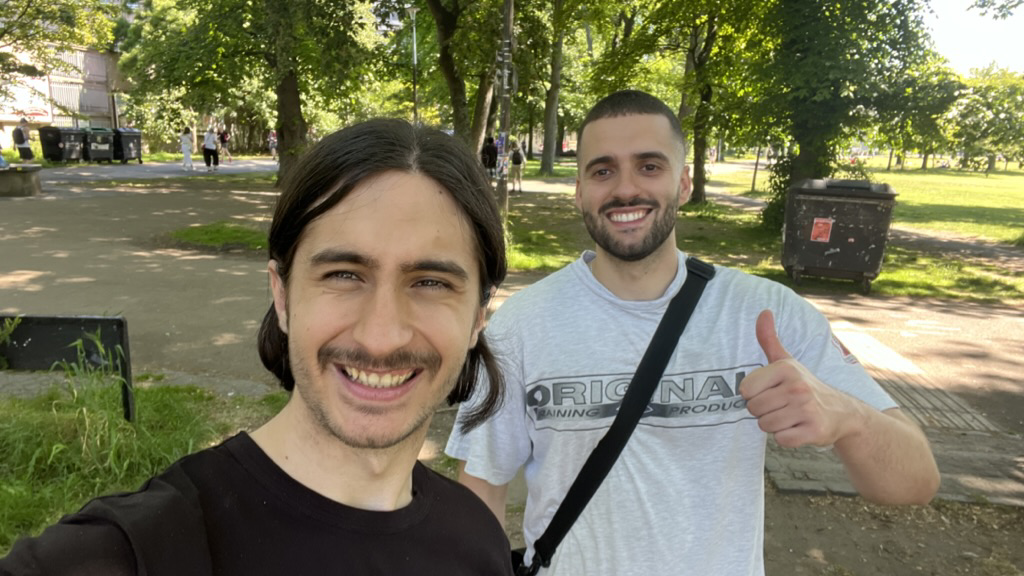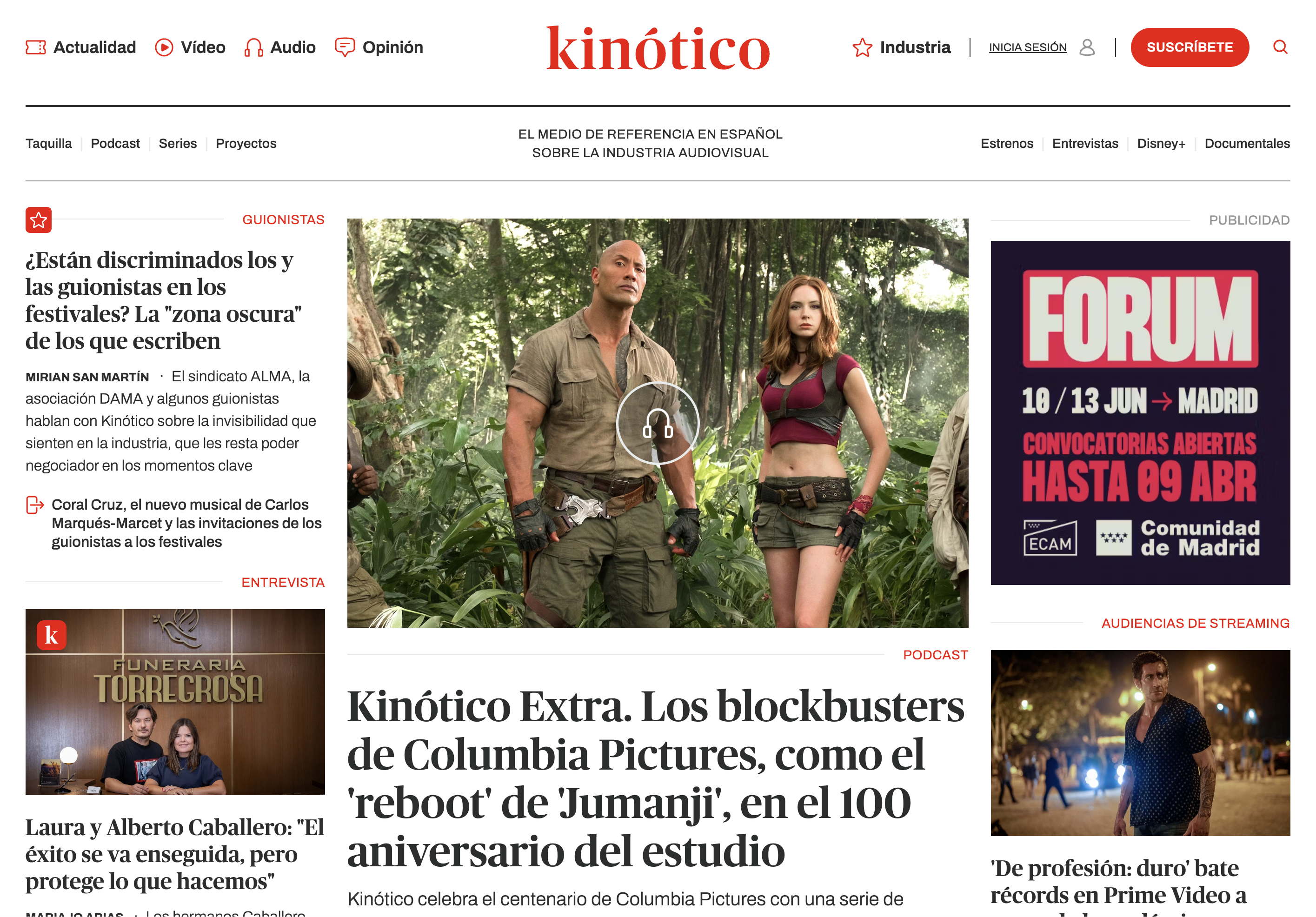The story of my career (and life)
I don't have anything special to share besides my experience as a software engineer and the career choices I've made up to this point. Don't expect an inspirational story, just a personal one. For me, this is an opportunity to publicly thank all the people who have helped me along the way and to share some of the lessons I've learned.
If you are an aspiring software engineer, I hope you find this useful. If you are my future self, I hope you find this wholesome.
Video Games
My obsession with computers started with video games (as my 1000 hours at Street Fighter IV prove). As a kid playing on my computer, it was inevitable to come across the world of programming at some point. I didn't intend to learn about it until one day my friend Ricard Gascons (whom I met online playing League of Legends) recommended that I learn programming with an online C++ course. So I did. There I was, a 15-year-old kid learning about pointers, memory allocation, and data structures, using an editor so ugly that my memory tried to forget.
 Of course, I remember. How could I forget Code::Blocks?
Of course, I remember. How could I forget Code::Blocks?
I kept programming as a hobby. When the time came to choose a career, I was torn between software engineering, artistry, and sports science. I couldn't make up my mind about it. At the time, another online friend, Pol Arroyo, was studying video game development at ENTI. I thought that was the perfect mix of my interests, so I decided to pursue that career. I moved to new city to study video game development. I didn't know anyone there, but I was excited to start a new chapter in my life.
This turned out to be one of, if not the most important career decisions I've made. Not because I ended up making millions selling an indie game (I never worked in video games after all), but because it put me in a better environment.
“Three of your most important decisions you'll make in life are: where you live, who you're with, and what you're doing.
University
I had the luck of having awesome teachers at ENTI. They were experts in their fields, from game psychology to 3D modeling to programming. I learned a lot from them. There I also met my great friend Toni Realp, an important figure in the story of my life.
After 2 years of studying video game development and making games like 10 Nights or Sinking Souls, Toni and I realized that we were more interested in software engineering than in video games. Video games lose some of their magic after spending countless hours in Unity. We decided to transition to a software engineering degree at UPF.
Sadly, the software engineering degree at UPF was a disappointment. I don't know if the fact that ENTI was a private school had anything to do with it, but we went from coding all day to studying for useless exams. We also had the great idea of taking several semesters at once since we really wanted to try hard. We ended up not going to class after the first month and just studying for the exams so we could have more time to learn outside the university (as sad as it sounds).
At this point, many branches of engineering were possible. I explored data science for a while and even created a couple of publications on Kaggle. Finally, I started to work more on web projects, learning about backend and frontend development.

One day, the university threw an event where they invited companies to find young talents. I'd like to think I was a young talent, so I went. There I met Guillermo Blasco, at the time CTO of Bloobirds, a B2B startup. After some coffee and some talks showing my side projects to their team, I ended up getting an internship at Bloobirds (this was at the same time I was doing several semesters at once).
As cliché as it sounds, this taught me how important side projects and working hard are. Most of my university colleagues were still unsure about what they wanted to do with their lives. Toni decided to pursue the corporate path and did an internship at HP. He is now happily working at Skyscanner.
More important than hard work is friendship. Toni and I are forever grateful for our friendship; we wouldn't be as far in our careers if it weren't for each other. We've been through a lot together, and we've always been there for each other. I'm sure we'll be friends for life.

Work
I started working at Bloobirds as an intern. My first job was to develop the new company design system in React.js and TypeScript. That became a long-term project that I worked on for the next 3 years. Eventually, we ran out of components to develop, so I started working on the main product, a sales engagement platform. After a few months, I was promoted to a full-time position and later to a backend tech lead position in my last 6 months at the company.
Bloobirds taught me a lot about backend architecture, databases, frontend, testing, project management, etc. All the things your first job should teach you and more. Also, since Bloobirds was a sales platform, it allowed me to start understanding how a business works, something crucial for any software engineer, especially those in the startup world. I never took the big tech company route, but I'm happy that my first job was at a startup. I don't know if it is the best way to start a career, but it gave me the opportunity to learn a lot about different areas of software engineering.
I made great friends there, ones that still last to this day. I'm grateful to all of them for the patience, the kindness, and the knowledge they shared with me.
Freelancing
A few months after joining Bloobirds, I took a position as a teacher at a bootcamp called Nuclio Digital School. I taught the full-stack program and helped shape the curriculum. Teaching was an interesting experience and something I would recommend to anyone. It brought me a tremendous sense of purpose and helped consolidate all the knowledge I had acquired up to that point.
Other freelance gigs started to appear. Some of my students got jobs, and their companies needed help. This allowed me to work on different projects and learn about various industries in different countries. From helping a roof repair company increase their conversions to creating a website for a legal firm.
I eventually burned out from working at Bloobirds and doing freelance work simultaneously. It wasn't the fact of doing too many things at once (although that played a role) but the lack of progress. I felt like I was stalling. I needed a reset.
Startups
The same Guillermo Blasco who gave me my first job at Bloobirds had founded a small software consultancy called Mankind Technologies a couple of months ago. He offered me my first CTO position there. I owe Guillermo a lot, and I'm forever grateful for the opportunity he gave me. We managed to grow the company to 10 people in a year. We worked in some interesting projects like Tattoox or Kinótico.

It was my first time entering a job directly into a leadership position. That could seem scary for some, but I got used to it pretty quickly. I'm sure the teaching experience was helpful in this regard but I think it had more to do with the team we assembled. They were lovely and hardworking (a great combination, if you ask me).
Sadly, we had to close the company after a year since we didn't manage to get enough clients to sustain the company. We tried to grow too fast. Although it was sad, I learned a lot from it. Being a consultant allowed me to see how different businesses operate and what makes them successful. One thing I regret about this experience is not having paid enough attention to the business side of things. I was too focused on the technical side, making sure the team was happy and productive, delivering the best product possible.
After that, I wanted to take a break from work, but to be honest, I didn't feel comfortable doing so.
An opportunity arose to join a recently founded startup called Sekondary as a CTO. I joined the company as the only tech person to build their first MVP. The initial goal was to create a platform to make ESOP plans more liquid by allowing employees to sell their options to investors in a secondary market. The company eventually pivoted to a more traditional ESOP and cap table management platform. At that point, I felt like I wasn't bringing anything special to the table, so I decided to help them find a replacement and leave the company.
They are still operating and growing; I'm so happy for them. They were the type of team that trusts you to do great work. I expected to be focused on developing the product but ended up making a lot of business decisions, giving marketing ideas, designing, setting up support and sales processes, etc. This experience helped me realize how much I've grown as a professional and how much I still have to learn.
Future
Recently I realized that leaving Sekondary is the first true career decision I've made so far. Up to this point, I've simply worked hard and sayed yes to every good opportunity that has come my way. In a sense, I've never really thought about what I wanted to do with my career. Perhaps this is how it always goes, and people just create stories to make sense of it.
Right now, as any 24-year-old should be, I'm still full of passion and doubts. I'm not sure if I will start a company, join one, or become a millionaire by selling an indie game with Toni. Only time will tell.
Uncertainty is exciting.